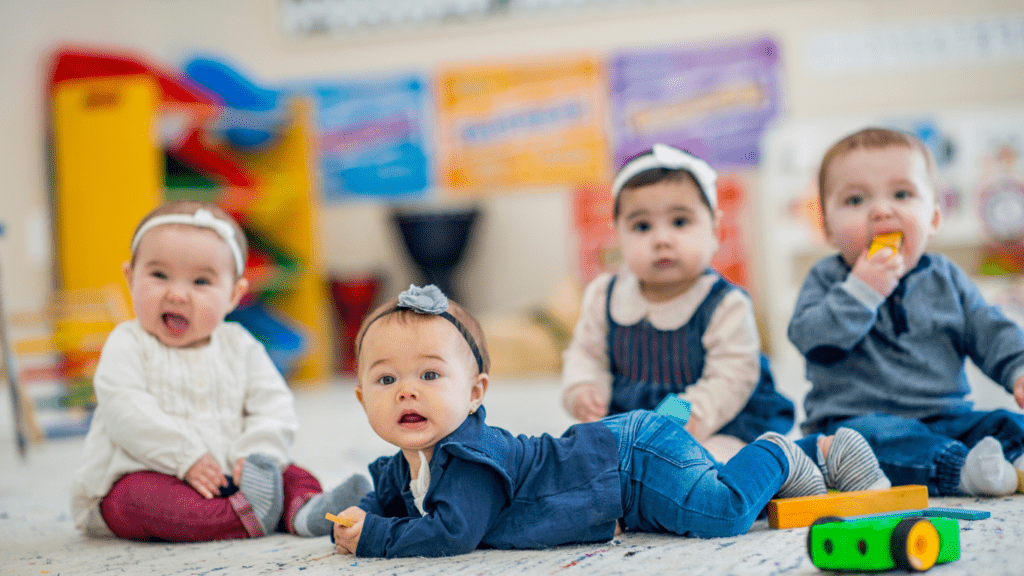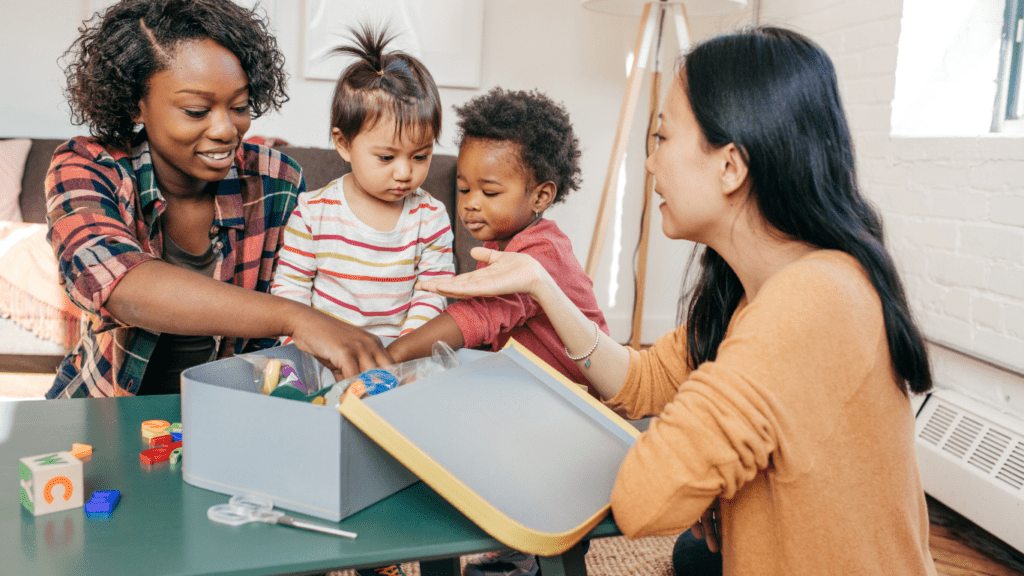Parenting is one of the most rewarding yet challenging journeys I’ve ever experienced. From the first steps of a curious toddler to the complex emotions of a growing teen, every stage brings its own set of lessons that shape not only our children but also us as parents. It’s a journey filled with surprises, laughter, and yes, a few tears along the way.
Overview Of “From Toddlers To Teens: Essential Parenting Lessons You’ll Cherish”
Parenting evolves as children grow, offering unique lessons at every stage. From a toddler’s first steps to a teen’s quest for independence, each phase requires adaptability. I’ve found that understanding their needs while setting clear boundaries plays a crucial role in fostering trust and growth.
During toddlerhood, nurturing emotional connection and encouraging curiosity are key. Daily routines, like bedtime stories or meal preparation, turn into learning opportunities. As kids enter childhood, their sense of independence grows. I’ve learned the importance of balancing structured guidance with freedom to explore. Support becomes essential in areas like:
- schooling
- friendships
- hobbies
Teenage years demand patience, communication, and mutual respect. As teens seek autonomy, I focus on being a supportive presence without imposing undue control. Open discussions about challenges, along with shared decision-making, help maintain strong relationships.
These lessons aren’t only about addressing their needs at different ages, but also about valuing the moments and connections we build along the way.
Key Parenting Lessons For Toddlers

Parenting toddlers is a time of rapid growth and discovery. Supporting their emotional and developmental needs builds the foundation for healthy relationships and future learning.
Building Trust And Attachment
I focus on creating a secure environment by being consistent and responsive to my toddler’s needs. When they experience distress, I provide comfort and validate their feelings, reinforcing that they can rely on me. Eye contact, physical affection, and engaging in shared activities like reading or playing strengthen our bond. Clear boundaries delivered with warmth also contribute to their sense of safety.
Encouraging Early Development
I look for everyday moments to stimulate my toddler’s curiosity and learning. Activities like stacking blocks, naming objects, or singing simple songs enhance cognitive and motor skills. I allow space for them to explore within safe limits, which builds independence. By celebrating small achievements, like learning a new word, I nurture both their confidence and joy in learning.
Navigating The School-Age Years
School-age years come with significant cognitive, social, and emotional growth. During this stage, I focus on fostering independence and teaching the social skills children need to thrive.
Fostering Independence
- Promoting autonomy involves gradually empowering children to handle age-appropriate responsibilities.
- I encourage decision-making by providing choices, like selecting outfits or planning their schedules for homework and play.
- Assigning manageable tasks, such as packing their lunch or organizing their school bag, teaches accountability. These experiences build self-confidence and problem-solving skills that benefit them in the long term.
- Consistent routines also support independence. For instance, establishing a homework schedule helps children develop time management.
- Over time, I reduce guidance, allowing them to take ownership of their daily tasks.
Teaching Social Skills
Social interactions shape children’s ability to communicate and build relationships. I teach essential skills like sharing, active listening, and expressing emotions appropriately. Role-playing common scenarios, such as resolving conflicts or welcoming new classmates, helps children practice empathy. Encouraging group activities, including team sports or class projects, reinforces collaboration.
Inconsistent reactions to peer struggles can confuse children, so I maintain clear communication about expected behaviors. Praising kindness, cooperation, or effective conflict resolution fosters a positive approach to social dynamics. Through guidance and practice, children gradually grow into empathetic and socially confident individuals.
Parenting Strategies For Teens
Parenting teens involves navigating their growing independence while offering guidance. This stage brings unique challenges and opportunities to reinforce trust and strengthen relationships.
Setting Boundaries With Respect
I establish clear boundaries that align with my teen’s maturity and needs. Emphasizing mutual respect when setting rules fosters cooperation and minimizes conflict. For example, I involve my teen in discussions about curfews or screen time limits, ensuring they feel heard while understanding the rationale behind decisions. Implementing consistent consequences for overstepping boundaries reinforces accountability. Rather than imposing restrictions, I frame boundaries as tools to ensure safety and personal growth.
Supporting Emotional Growth
I prioritize supporting my teen’s emotional development by encouraging open dialogue. I routinely check in, asking questions without judgment to create a safe space for them to express concerns or frustrations. Validating their feelings strengthens their emotional resilience and builds self-awareness. For instance, when my teen expresses stress over academic pressures, I help them identify coping strategies like time management or seeking support. Teaching them emotional regulation skills, such as deep breathing or journaling, allows them to handle challenges confidently.





